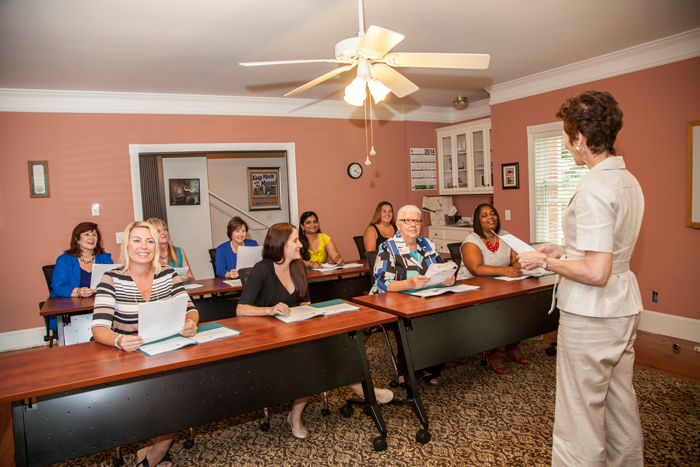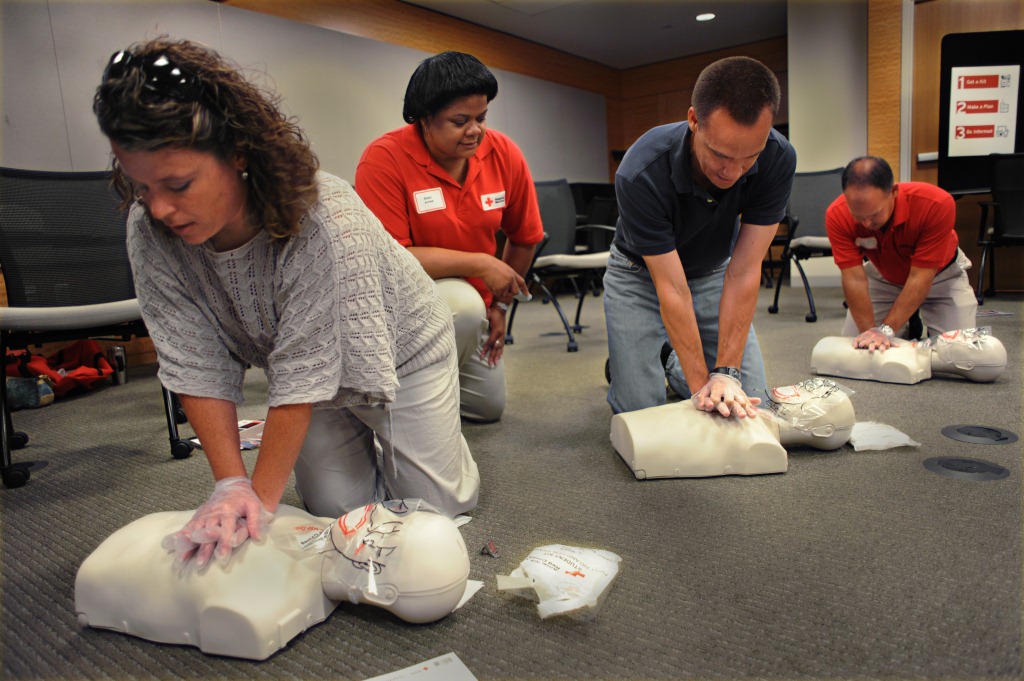If you’re considering becoming a caregiver, you probably know what this profession means. Anyway, I’m going to remind you that caregivers are people who literally take care of individuals who might require special attention or assistance due to their health state. Adults and children with impairments are the ones that look for professional helpers.
Most commonly, we associate caregiving with elderly people, who need someone to help them around the house, providing personal care and basic medical aid. But in fact, any person who has some sort of disability or disease may address the caregiver’s services. A person might need that in order to receive medical attention and care he requires and just general assistance in order to make his everyday life easier.
So, caregiving is quite important socially-oriented job. The role of professional and well-trained caregivers is increasing due to the demographic processes in our society (the aging of the nation, people unable to take care of their family members because of work, etc.). That’s why highly qualified, caring, patient, reliable and warm-hearted caregivers are in high demand on the job market.
And, that’s also why you may totally consider becoming one. But, as this job is related to special knowledge, there’re a couple of requirements you need to meet. And, there is a couple of legal operations you need to go through in order to be able to serve as a caregiver. These are the steps you might want to follow.
Caregiving will be a perfect job for:
- A medical student who’s looking for a part-time job
- A former/currently working nurse or even doctor
- A medical college/university graduate who’s looking for additional source of income and loves socially oriented jobs
- A genuine person who loves helping people and wants to get engaged in the caregiving sphere
- A prospect medical student

Steps of becoming a professional caregiver
1. Get prepared
- Find an operating caregiver in your local area to ask him about the peculiarities of the job. Talk about the responsibilities you’ll take on and tasks you’ll have to perform if you choose this or that field of caregiving.
Ask about the stress that might be paired with the job and issues that might occur. That will help you understand this profession in its depth. - Test yourself to make sure that caregiving is something you definitely want to dive into. The job is quite difficult, requires a lot of strength and patience, involves long hours and not particularly high salaries.
- Volunteering at a local hospital or through the local Aging Agency institution might help you with that ‘making sure’ part. Besides, you’ll be able to get acquainted with the specifics of the job not in theory, but in real life.
You’ll acquire basic skills and even spread the word about your services to get future employment possibilities. In addition to that, volunteering as a beginning caregiver will be a great point in your resume.
2. Get certified
- Do your research and find out which criteria set by your state’s instruction you have to meet to be able to serve as professional caregiver and receive proper payment for your work.
As usual, those licensing demands vary from state to state. But, they’re also different for main types of caregivers. - So, you have to choose whether you’re going to study and get ready to become a companion caregiver, home health aide or certified nursing aide. Different levels of medical training and education and consequently, different training and certification courses are designed for these types of professional carers.
You need to find those certification criteria. This way you’ll understand what kind of training you’re able to go through and which type of job you’re ready to perform. - The chance that your state doesn’t allow caregivers work without a special certification or license is quite high. And, receiving a caregiver’s license involves going through an educational and training program designed to prepare future pros for their caregiving practice.

- If your local government doesn’t need you to get certified to become a caregiver, or if you just want to be able to take proper care of your family member/friend, you still need to get some knowledge and skills regarding first and basic medical aid. CPR courses the Red Cross provides are perfect for that matter. You may choose either online or classroom ones.
- If you still have to get certified, you need to go through certain type of courses to receive a certain type of license. If you’re fine with joining one of your local caregiving agencies, you may go there and file the joining application. Go through the course this particular agency provides for their future/current workers.
- If you want to become an individual provider and receive a license of a personal caregiver, you may consider taking online certification courses the Institute for Professional Care Education offers.
There are a number of other platforms you may use. Red Cross or Family Caregiver Alliance are one of the most reliable centers. Those provide a variety of caregiving courses that will prepare you for a certain type of caregiving assignment. - The most advanced caregiving pros (nursing assistants) have to obtain a special degree to be able to operate in this role. CNA programs are developed to train such specialists. This is the type of degree you may obtain after graduating from high school.
The best thing is that it will take you not more than 12 weeks to complete this course and receive an according degree. Visit All Allied Heath Schools’ website to find which college in your local area has this program.
3. Find a job
- After getting certified as a professional caregiver, you’re ready to get to work. Personal caregivers and helpers are normally the ones that get the highest salaries among the caregivers. They get hired directly by people who need their assistance or families who want to provide proper care to their relatives. And, they may develop a flexible schedule as well.
So, if you want to work as personal caregiver, go to HireRush.com and create your own profile to offer your assistance. Ask your friends and family members to spread the word about your services, be active on social media, etc. Create your profile here - If the non-agency option doesn’t work out, reach out to agencies or caring institutions (like elderly centers, hospices, etc.). Medicare website will help you find them.





